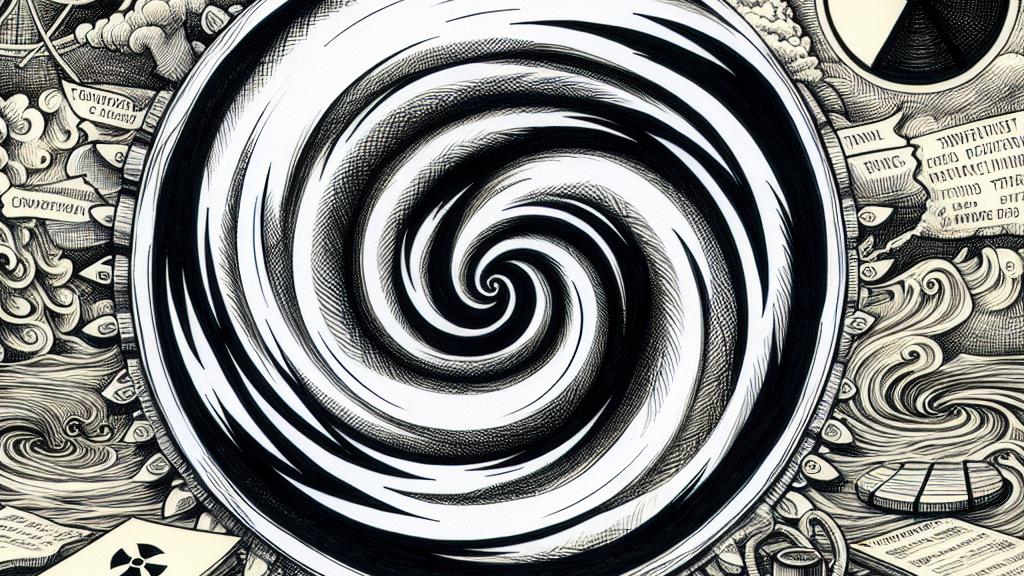Russia's Nuclear Playbook: A Game-Changing Shift Amid Western Tensions!
Overview
- Russia announces a strategic modification to its nuclear doctrine in response to Western actions surrounding the Ukraine conflict.
- Current policy permits nuclear weapon use if the state faces existential threats or an imminent nuclear attack.
- The prospect of a lower nuclear combat threshold raises concerns about escalating tensions in global security.

Significant Changes in Nuclear Stance
In a dramatic shift reflecting the intense geopolitical climate, Russian authorities have publicly confirmed intentions to revise their nuclear doctrine. As articulated by Deputy Foreign Minister Sergei Ryabkov, these revisions are closely aligned with what Moscow perceives as escalating hostilities from the West, particularly in the ongoing war in Ukraine. This strategic pivot underscores a critical reassessment of how Russia views its nuclear capabilities and serves as a response to the deteriorating security environment that has emerged since the invasion of Ukraine began on February 24, 2022.
A Complex War with Historical Roots
The ongoing conflict in Ukraine is essential to understanding these developments in Russia's nuclear strategy. Beginning as a military operation termed by President Vladimir Putin to 'demilitarize' and 'denazify' Ukraine, the conflict has rapidly evolved into a full-scale invasion, resulting in massive military and civilian casualties and widespread dislocation of the Ukrainian population. Russia's insistence that Western nations are using Ukraine as a proxy in a broader conflict significantly shapes its narrative and strategy, illustrating the overlap between military actions and deep-seated historical grievances.
Implications for Global Security and Responses
The potential changes to Russia’s nuclear doctrine could have far-reaching implications for international security and the global geopolitical landscape. Analysts express concerns that any perceived lowering of the nuclear threshold could trigger new arms races and increase the likelihood of miscalculation in crises. Meanwhile, some experts argue that Russia's stronger nuclear rhetoric may be more about asserting power and deterrence rather than indicating an imminent threat. This situation demands vigilant international observation, as the interconnected nature of global security and nuclear strategies necessitates careful diplomacy to mitigate risks associated with escalating tensions.

Loading...